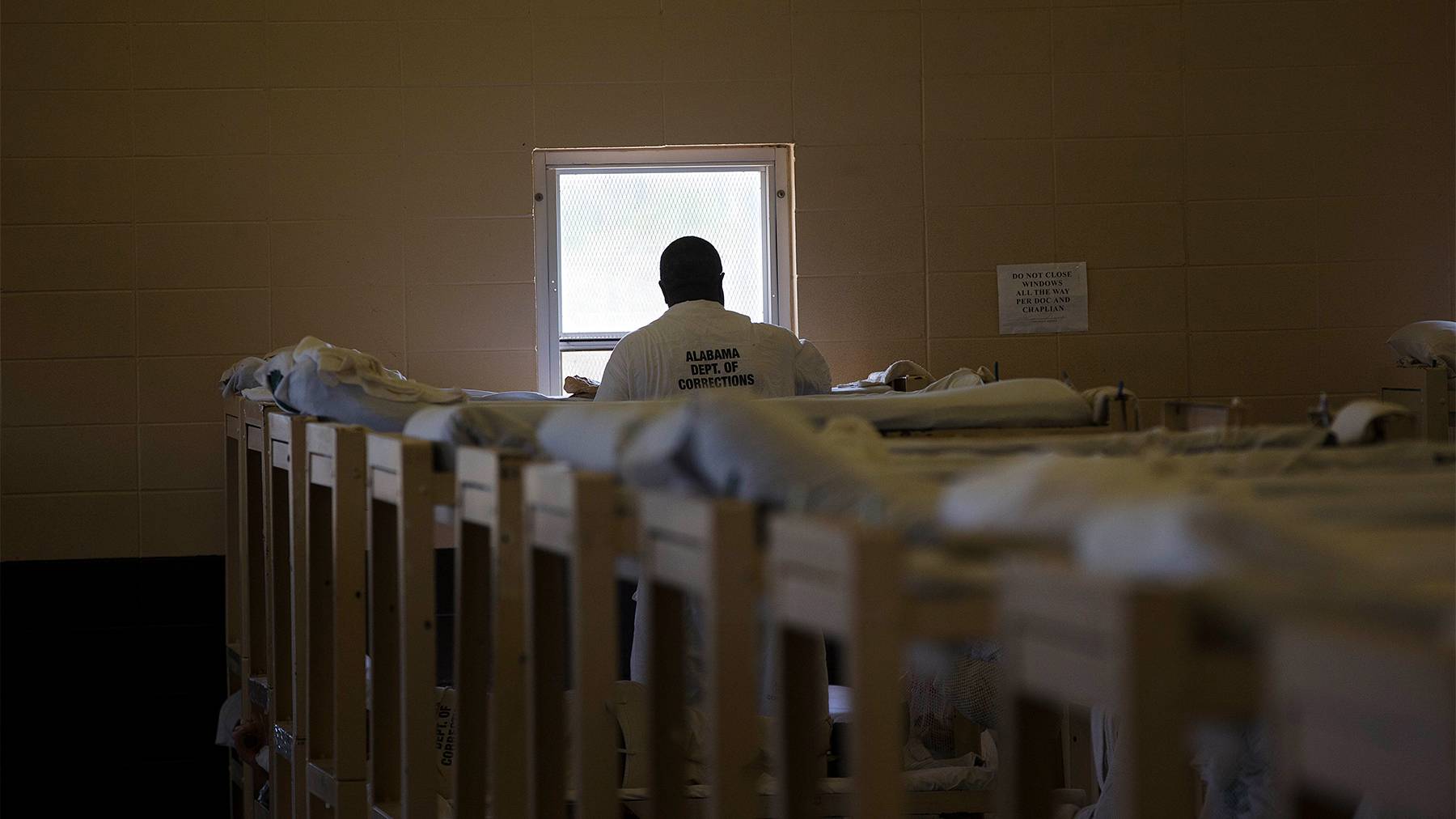Citing years of inadequate mental health care provided to people incarcerated in Alabama prisons, a federal judge this week issued a sweeping order that will require the Alabama Department of Corrections (ADOC) to remedy unconstitutional mental health services at the center of a lawsuit filed by the Southern Poverty Law Center and Alabama Disabilities Advocacy Program.
The lawsuit, Braggs v. Dunn, was filed in 2014 and alleges that ADOC systemically puts the health and lives of incarcerated people at risk by ignoring their medical and mental health needs and by discriminating against incarcerated people who have disabilities – violations of federal law by a prison system that has one of the highest mortality rates in the country.
Monitoring by an external team of experts is expected to begin immediately to ensure ADOC complies with this latest court order and that people with serious mental health needs receive the care they need – and that the Constitution requires.
U.S. District Judge Myron Thompson’s opinion this week acknowledged that while some areas had shown improvement since the suit was filed, “[s]erious problems with the provision of mental-health care in ADOC facilities persist.” Thompson highlighted the impact that both correctional and mental health understaffing have on providing adequate care.
“Judge Thompson’s decision requires ADOC to finally remedy the unconstitutional mental health care identified more than four years ago,” said Ashley Austin, a staff attorney in the SPLC’s Criminal Justice Reform Practice Group. “This will ensure that the individuals held by ADOC will receive the mental health care they need – and are entitled to – as protected by the Eighth Amendment.
“As long as Alabama avoids addressing underlying societal issues that contribute to incarceration by over-incarcerating its population, Alabama must provide constitutionally adequate care for the human beings in its prisons.”
The ruling follows a seven-week trial in the spring of 2021 during which ADOC asked the court not to order remedies that would address the provisions of mental health services. The agency claimed that it had improved its operations in the years since the court found it liable for providing “horrendously inadequate” mental health care for people incarcerated within its main facilities, and that it has made efforts toward resolving its chronic understaffing.
The SPLC and the Alabama Disabilities Advocacy Program joined the law firms of King & Spalding and Hogan Lovells in presenting evidence that the current horrific and inhumane conditions inside the prisons continue to support the need for remedies, and that ADOC still fails to provide adequate mental health care to people who are incarcerated.
During the trial, attorneys for people incarcerated in the prisons called mental health and correctional experts who testified about the significant number of suicides occurring inside ADOC facilities, the lack of mental health services provided, and the extremely violent and chaotic environment that has exacerbated mental illness and suicides. The scope of the hearing included an analysis of what remedies should be implemented to address the constitutional violations identified in Thompson’s previous liability opinion.
“ADOC cannot simply warehouse people without providing for their basic needs,” the SPLC’s Austin said. “If ADOC is unable to operate adequately with the current staff and funds allotted to it by the state, population reduction must be the consideration – not denial of adequate services.”
James Tucker, director of the Alabama Disabilities Advocacy Program, agreed.
“As Judge Thompson reminds all Alabamians, once our state chooses to put a person in prison, the state must provide a safe environment and adequate mental health care,” Tucker said. “Here, the state has failed to do so. Too many individuals have died because of the state’s failures.
“We look forward to working with the state and the court to make sure that individuals placed in prison are, at minimum, safe and receive the care they need. The court concludes by declaring, ‘Time is of the essence.’ Time is indeed of the essence for every person still housed in our state’s prisons.”
Top picture: An incarcerated person stands near his crowded living-area bunk bed in Elmore Correctional Facility in Elmore, Alabama, on June 18, 2015. (Credit: AP Photo/Brynn Anderson)



